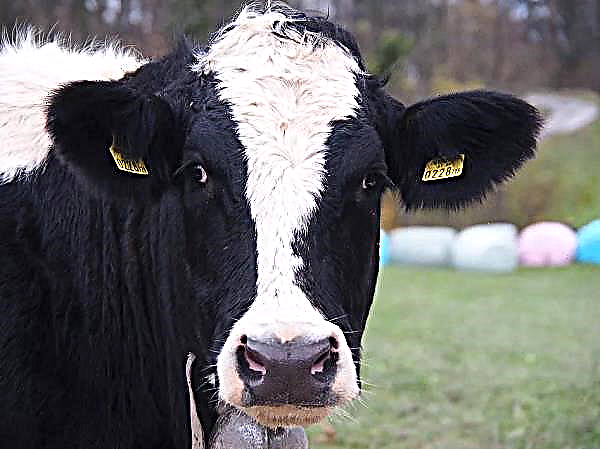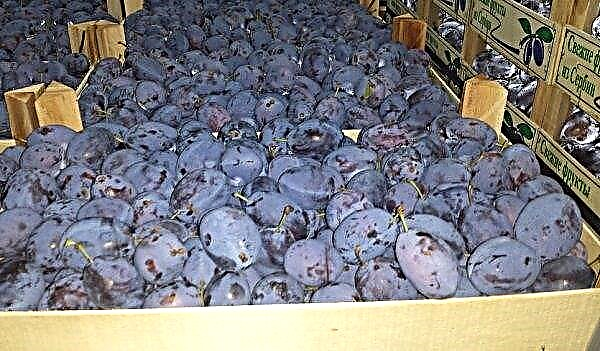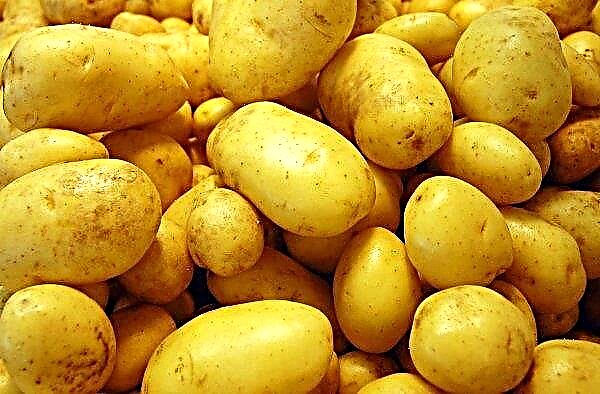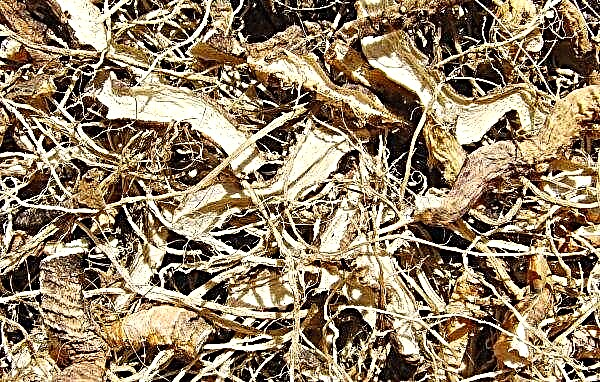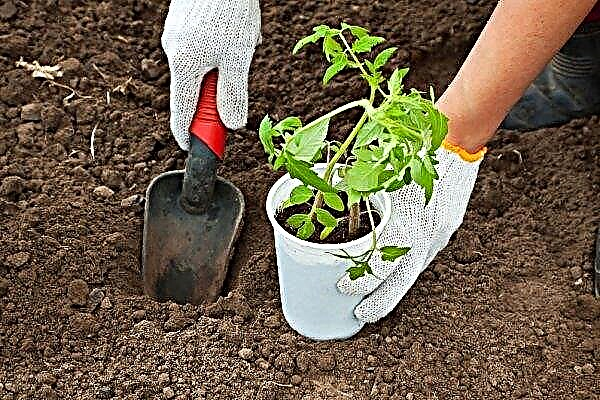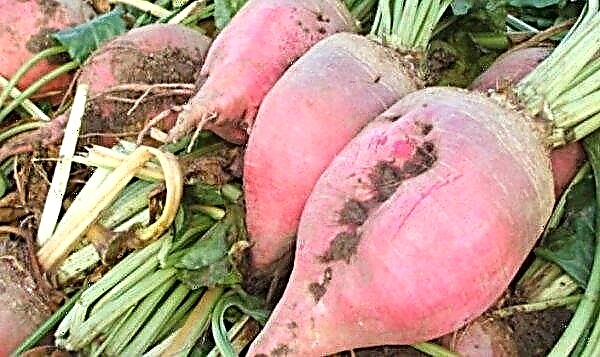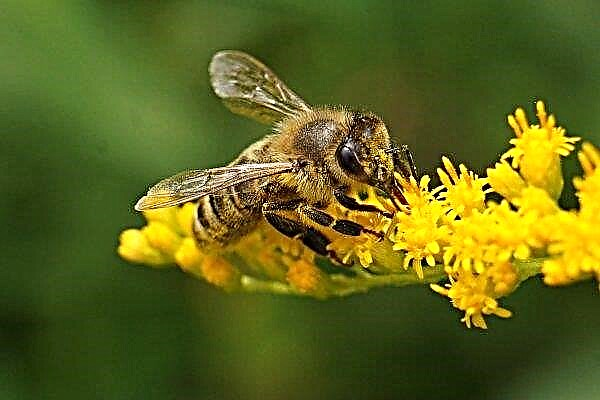The Joint Association of Planters in South India (Upasi) has estimated that a loss of yield in the tea sector of South India due to a 23 million kg blockage costs $ 41 million. In addition, according to the association, unsold tea for the domestic market and exports as a result of the suspension of auctions will amount to $ 22 million.
The South Indian Planter Association has called for several measures to support tea and spice plantations that have been lost due to losses due to blockage due to coronavirus.
Three countries leading in annual tea consumption: China, India, Turkey.
In the case of spices, Upashi estimated the loss on the plantation of pepper at $ 66.6 million, since 30 to 40% of the crop has yet to be harvested. In the cardamom sector, 700 tons worth $ 23.5 million were accumulated due to the lack of domestic and export trade with the suspension of auctions.

In a letter to the Tea Production Council, the chairman of the Association noted that tea fields should be omitted in order to lead them to the usual harvest cycle, and the recovery period after this is 30–45 days. According to him, the projected cost is about $ 8 million. The association requires about $ 3.6 million in workers' wages for a ten-day blocking period that has been partially lifted.
Other requirements include the payment of all mandatory incentives in accordance with various schemes for the development of commodity councils in the amount of $ 8.7 million and the expansion of the percentage discount on working capital.

In a letter to the Spice Council, the Association called for a minimum support price for production costs plus 50% in line with the recommendation of the Pepper and Cardamom Commission. Further requirements include interest subsidies of 3% on loans, increased lending to crops.
- The Government of India has provided an opportunity to ease the nationwide ban on activities related to agriculture and related activities in order to address the challenges facing the farming community.
- The Center approved an additional cost of $ 9.82 for the Cotton Corporation of India and $ 13.96 for the Marketing Federation of Cooperative Cotton Producers of Maharashtra to recover losses from the sale of cotton purchased during the cotton years 2014–2015 and 2015–2016.
- Indian Food Minister Harsimrat Kaur Badal launches a portal to monitor prices for tomatoes, onions and potatoes. To curb rising prices for certain types of agricultural products and bridge the gap between supply and demand, the government has developed a portal to monitor prices, sown areas, yields, production, imports and exports and other relevant information, such as crop calendars, crop agronomy in a convenient visual format for agricultural processors, traders and politicians.

